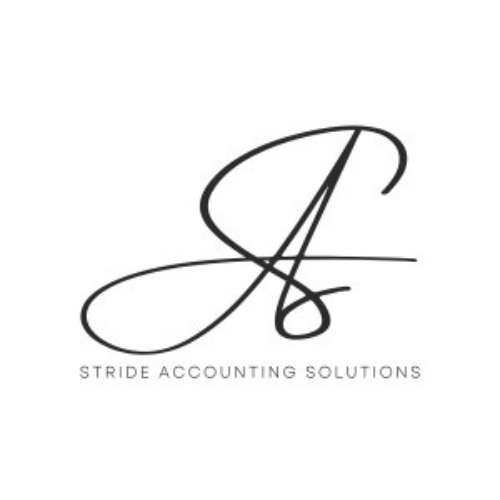Keeping your small business finances organized is key to sustainable growth and success. Good bookkeeping practices not only make tax time easier but also help you understand your cash flow, track expenses, and make informed financial decisions. Here are the top bookkeeping tips every small business owner should know to stay on track with finances and keep their business thriving.
Top Bookkeeping Tips for Small Business Owners
1. Separate Personal and Business Finances
Keeping personal and business finances separate is essential for accurate bookkeeping. Opening a dedicated business bank account makes tracking cash flow, income, and expenses much simpler and prepares you for tax season. Separating finances also strengthens your business’s financial health and helps protect your personal assets.
2. Organize Receipts and Invoices Efficiently
Good record-keeping is the backbone of effective small business bookkeeping. Develop a system for organizing receipts and invoices, whether digitally or physically, to make cash flow management simpler. Bookkeeping software, such as QuickBooks or Xero, can help you store and organize documents efficiently, making record-keeping easy and accessible.
3. Automate Bookkeeping with Local Bookkeeping Software
Automation is a lifesaver for small business owners. Use local bookkeeping software to automate tasks such as invoicing, tracking expenses, and managing payroll. Automating your bookkeeping allows you to focus on running your business, knowing that financial tasks are handled accurately.
4. Schedule Regular Financial Check-Ins
Set aside time each week or month to review your small business’s financials. This should include checking cash flow, income, and expenses to stay on top of your bookkeeping. Regular financial check-ins help identify spending patterns, prevent cash flow issues, and keep your business finances organized and healthy.
5. Manage Cash Flow Proactively
Cash flow management is a critical part of accounting for small businesses. Creating a cash flow forecast lets you anticipate financial needs, make informed spending decisions, and avoid cash flow challenges. Proactive cash flow management will help you cover expenses, plan for growth, and make strategic financial decisions.
6. Track All Expenses Diligently
Accurate expense tracking is a cornerstone of good bookkeeping. Use a dedicated business credit or debit card to keep all expenses in one place, making it easier to monitor and categorize them. Expense tracking not only makes your bookkeeping more efficient but also helps you identify potential savings and prepare for tax deductions.
7. Reconcile Accounts Monthly
Monthly account reconciliation ensures your books align with your actual finances. Reconcile bank statements, credit card statements, and bookkeeping records to catch any discrepancies early. Consistent reconciliation strengthens your cash flow management and keeps your small business finances accurate.
8. Plan for Taxes Year-Round
Waiting until tax season to think about taxes can create unnecessary stress. Set aside a percentage of your earnings each month specifically for taxes, based on your estimated tax rate. Regularly tracking your small business finances makes it easier to capture deductions and stay prepared.
9. Consider Professional Bookkeeping Support
As your business grows, bookkeeping can become more time-consuming and complex. A professional bookkeeper or accountant with expertise in small business bookkeeping can handle your finances accurately and efficiently, helping you focus on growth. If hiring a full-time bookkeeper isn’t feasible, consider outsourcing to a local bookkeeping expert.
10. Stay Informed About Small Business Accounting Practices
Bookkeeping for small businesses evolves with changes in technology and tax regulations. Stay up-to-date with the latest bookkeeping practices and trends to make smarter financial decisions. Regularly educating yourself on bookkeeping and accounting for small businesses will keep your business competitive and compliant.
Final Thoughts
Effective bookkeeping is essential for keeping your business finances on track, ensuring positive cash flow, and making strategic decisions. Implement these bookkeeping tips to simplify your accounting processes, maintain a healthy cash flow, and set your small business up for long-term success. With the right practices, small business bookkeeping becomes manageable and beneficial to your growth.
Choosing Stride Accounting Solutions means more than just bookkeeping support—it’s about laying the groundwork for your small business’s financial success. Our expert team is dedicated to helping small businesses in Bellevue, WA, and surrounding areas with tailored, reliable accounting solutions. Ready to strengthen your financial foundation? Contact us today to get started!
